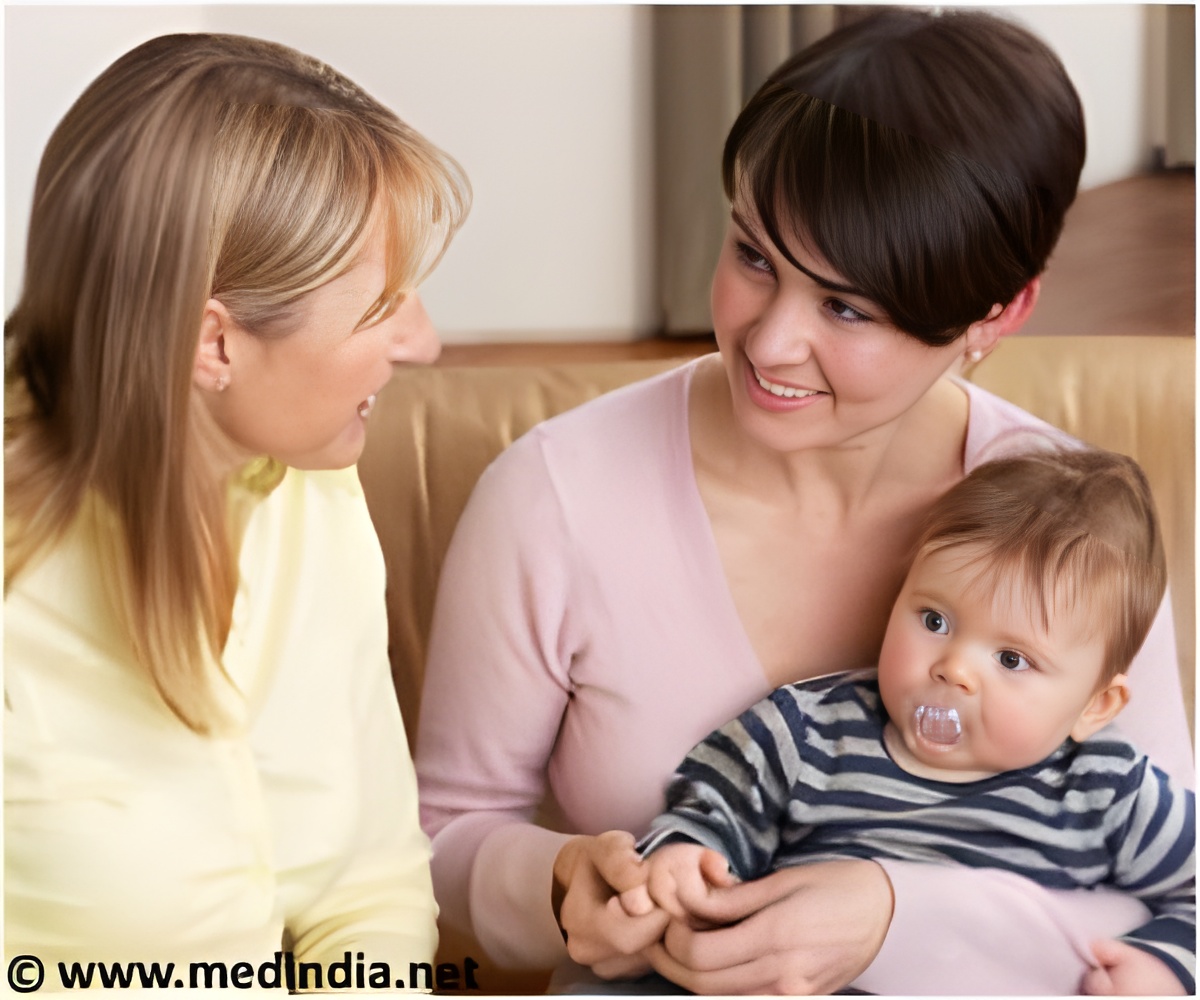Study suggests that developing a healthy home environment by health conscious behaviors may help parents deal more effectively with the problem of obesity.

Considering the challenges associated with parenting adolescents in general, and to identify potential targets for interventions, it is important to recognize issues faced specifically by parents of overweight adolescents. Investigators from the University of Minnesota posed two questions: (1) what issues do parents of overweight adolescents face? and (2) what advice do parents of overweight adolescents have for other parents? Twenty-seven adolescents and their parents were surveyed to determine factors contributing to successful weight loss among adolescents.
The investigators found that the issues raised by parents included difficulties encountered in effectively communicating with their adolescent about weight-related topics, perceived inability to control the adolescent's decisions about eating and physical activity, concern for the adolescent's physical and mental well-being, and feelings of personal responsibility for the adolescent's weight issues. Parental advice for helping overweight adolescents included having a healthful home environment, modeling healthful behaviors, and providing encouragement and support to adolescents for positive behavior changes.
Shira Feldman, MPH, RD, registered dietitian and researcher states, "Parents have an important role in helping their children and adolescents to adopt healthful behaviors and it can be challenging to know how to involve parents in interventions for adolescents because of issues related to developing autonomy and increasing independence. Parents of overweight and obese adolescents often find themselves in a dilemma. On one hand, parents may be concerned about their adolescent's health, the psychosocial stigmas, and the negative physical consequences associated with being overweight or obese. On the other hand, parents also recognize their adolescent's need for autonomy. Thus, parents may struggle with what to say or do to best help their adolescent manage his or her weight."
What is the bottom line for parents when talking with their overweight teen? According to Kerri Boutelle, PhD, professor in Pediatrics and Psychiatry and lead investigator states, "In terms of 'talking' about adopting more healthful eating and physical activity behaviors, it is important for parents to remember that their adolescent could have a negative emotional response, for example sad or angry, when questioned about their weight. In the current study, and in other studies, parents were aware of the psychosocial effects of being overweight."
"Therefore, exploring other methods of addressing weight issues besides just focusing on weight loss may be needed when working with adolescents, such as being fit and physically active, or eating for health."
Advertisement
Source-Eurekalert















